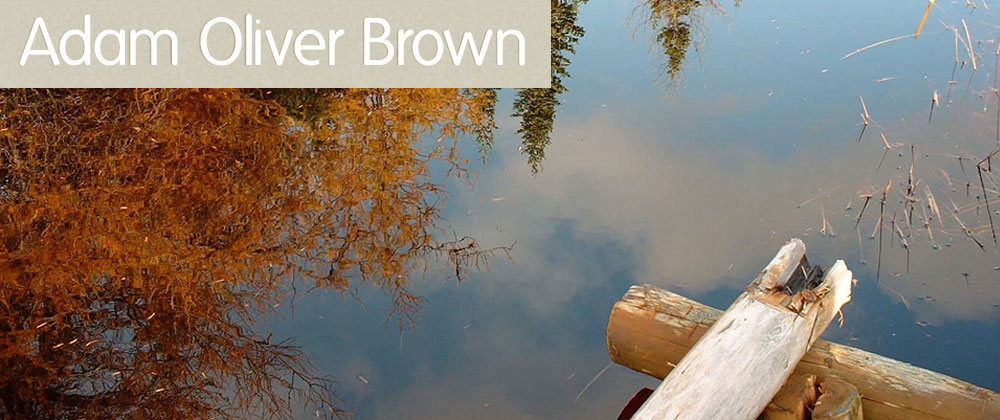To read about my prior research in pollination ecology, visit the topics links above. See below for information about research opportunities for 4th year thesis students.
I am always open to having discussions with students about working with me for their fourth-year thesis research projects (in both English and French).
Science Education
I have a few projects on the go for which I am accepting thesis students who wish to develop an expertise in the scholarship of teaching and learning through the study of science education.
An Etymological Approach to lexical access of scientific terminology
As part of an ongoing project in collaboration with Dr. Giuliano Reis of the Faculty of Education at uOttawa, we are studying the factors surrounding the teaching and learning of specialized scientific terminology through an etymological approach, related to an understanding of the Greco-Roman roots of the science lexicon. This project aims to develop a greater understanding of the linguistic components to science learning and focusses on aspects related to cognitive and metacognitive processes of language learning, the morphological structure of scientific terminology and the auto-descriptive structure-function information encoded into the terms themselves.
Please refer to this publication for more information:
Brown, A.O. 2014. Lexical Access, Knowledge Transfer and Meaningful Learning of Scientific Terminology via an Etymological Approach. International Journal of Biology Education, 3: 1-12.
Teaching Animal Behaviour through Exemplification
In collaboration with Dr. Alan Oliveira, professor of science education at SUNY Albany (USA), we are working on a project that studies the effectiveness of teaching Animal Behaviour through a process known as exemplification, i.e. to teach fundamental principles and theories through a select use of specific examples. In the course of this project, we are analyzing pedagogy from in-class podcast recordings in order to develop typologies for example delivery that will help to better understand the parameters that will improve upon student learning and student experience.
Please refer to this publication for more information:
Oliveira, A.W. and A.O. Brown. 2016. Exemplification in Science Instruction: Teaching and Learning through Examples. Journal for Research in Science Teaching. 53: 737-767.
The Public Communication of Science
Increasingly, science student graduates are in positions to act as ambassadors on scientific issues of relevance to society, whether in their workplace, social environment or actively through online communications destined towards general audiences. The public communication of science, however, requires a different set of skills from those traditionally taught to undergraduate students of science and this project is one avenue for their development. This project will revolve around building communication maps of controversial science issues in society as a means by which we may learn from historical deficiencies in the communication of important science to the public.


